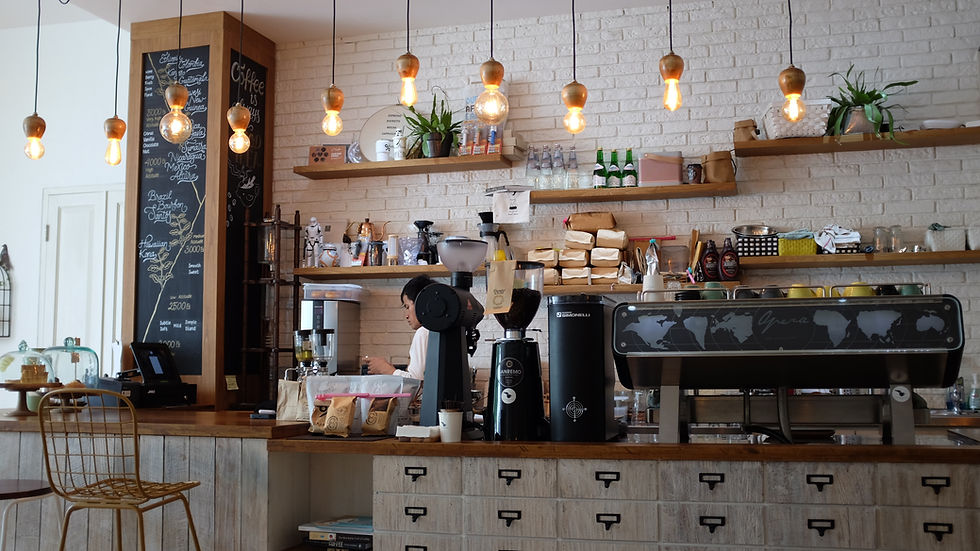As I sit in my favourite local coffee shop, savouring the rich aroma of freshly brewed coffee and engaging in animated conversations with familiar faces, I am reminded of the profound impact "third places" have on our daily lives. Ray Oldenburg, in his book "The Great Good Place," introduces the concept of third places, which are the social havens that lie beyond our homes (first places) and workplaces (second places). These spaces, whether they are coffee shops, community centres, or local parks, play a vital role in fostering a sense of belonging and social connection within a community.

Photo of cafe by Nafinia Putra via unsplash
What are "Third Places"?
Oldenburg beautifully articulates the essence of third places as "anchors" of the community, providing a neutral ground where individuals from all walks of life can come together, interact, and form meaningful relationships. They serve as essential meeting points, where people can engage in conversations, share stories, and find support in times of need.
Sadly, in our fast-paced modern society, the significance of these third places seems to be gradually fading away. The bustling coffee shops that once bustled with laughter and lively chatter now echo with the sounds of clicking keyboards and hurried conversations on smartphones. The vibrant community centres that once hosted a myriad of events and gatherings now stand under-utilised, their doors often closed.
The impact of this loss extends beyond just nostalgia; it affects our mental well-being and the social fabric of our society. The absence of these vital spaces leaves us feeling disconnected and isolated, leading to a decline in social interactions and an increased sense of loneliness.
My Experience with Third Places
Through my own experience, I have realised how pursuing a hobby can lead to the formation of new social circles. Hobbies, in essence, act as catalysts for building and sustaining these crucial social spaces.

Photo of cafe by Earl Wilcox via unsplash
For instance, I have always been drawn to the world of pottery but never had the courage to explore it further. One day, I decided to take the plunge. To my surprise, the experience not only nurtured my artistic skills but also connected me with like-minded individuals who shared the same passion. Within the walls adorned with our artwork, we exchanged ideas, encouraged one another, and discovered new friendships that went past the boundaries of our hobbies.
Bringing back third places
The challenge, however, lies in rekindling the importance of third places in the hearts of people. We must collectively acknowledge the significance of these social anchors and actively participate in nurturing them. By embracing our passions and engaging in activities that interest us and we can revitalise the concept of third places.
In conclusion, as we navigate through our increasingly digitised world, we must remember that technology should not replace the warmth of face-to-face interactions. Instead, we should use technology as our leverage to create more third places.
Third places play an indispensable role in fostering a sense of belonging and community, and it is through hobbies that we can reignite their relevance. Embracing our passions and participating in activities that interest us not only enriches our lives but also helps in creating and strengthening our social fabric. Let's embrace our hobbies, and bring back the magic of third places in our lives!

Comments